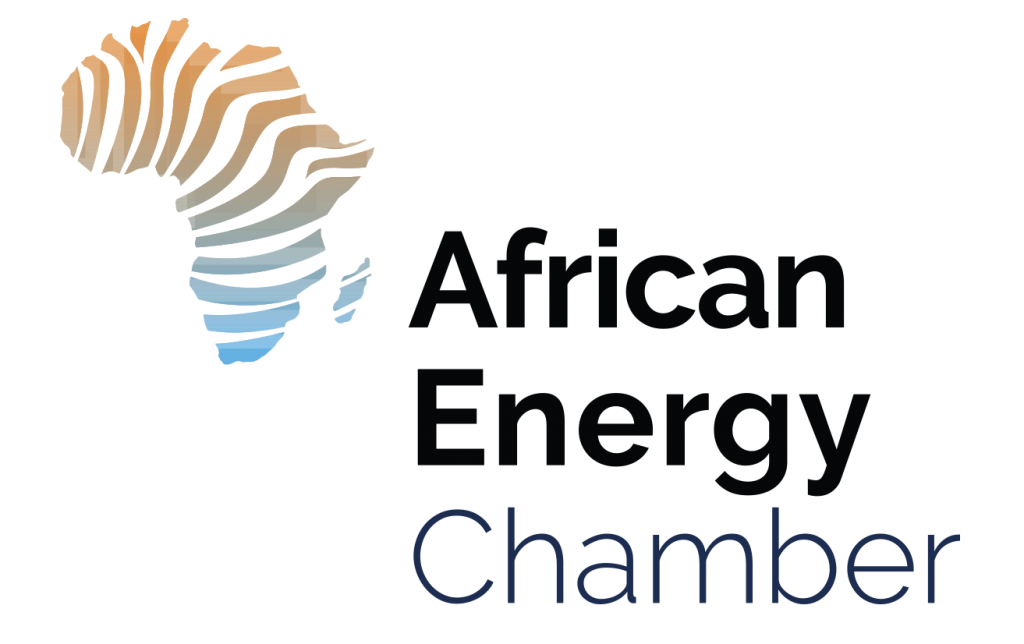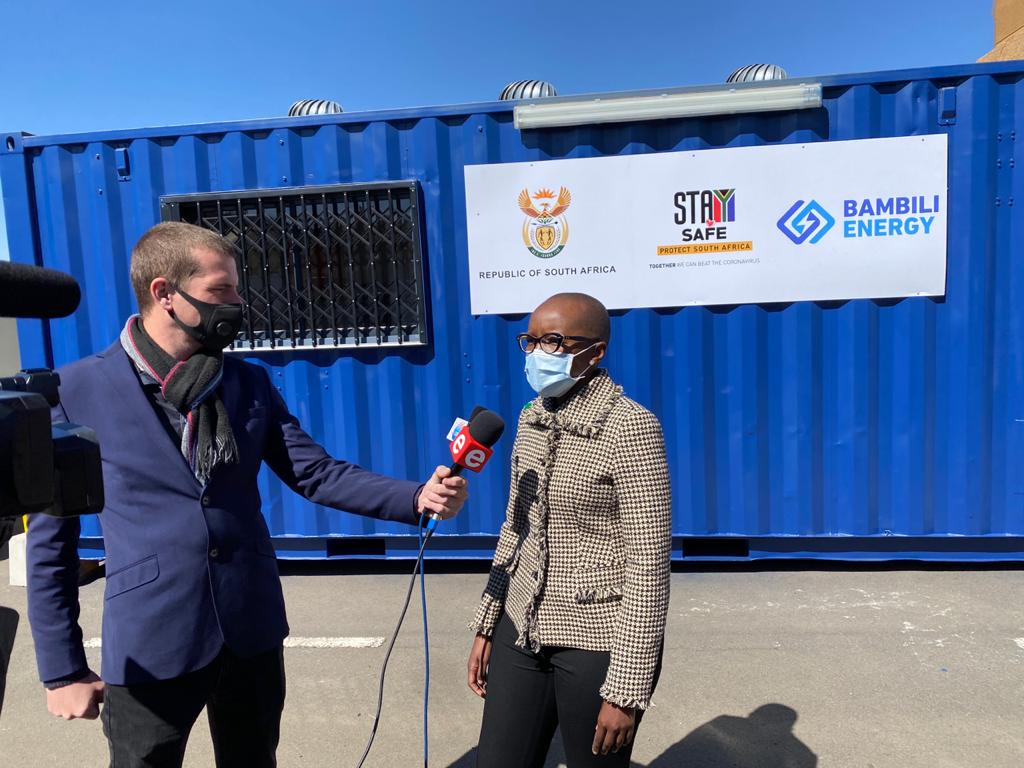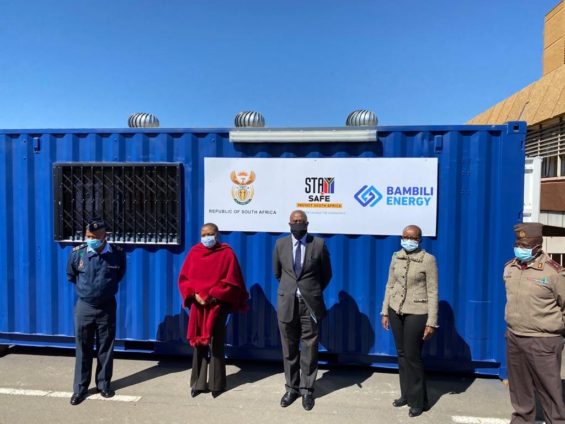The Department of Science and Innovation (DSI) will on Wednesday, 19 August 2020 unveil seven hydrogen fuel cell systems which are being used as the primary power source for the field hospital established at 1 Military Hospital in Pretoria as part of the government's response to COVID-19.
The project is a public-private partnership between the DSI, the Department of Public Works and Infrastructure (DPWI), the Department of Defence (DoD), local companies Bambili Energy and HyPlat, and international companies PowerCell Sweden.

Horizon Fuel Cell Technologies (Singapore) and Element 1 Corporation (United States). Further contributions, in the form of methanol and hydrogen fuel for the fuel cell units, were also received from Air Products South Africa, Protea Chemicals and Sasol.
Bambili Energy focuses on the hydrogen economy, providing solutions to complement various forms of alternative energy, and is committed to commercialising intellectual property developed through the Hydrogen South Africa (HySA) programme.
The COVID-19 pandemic has highlighted the need to respond with speed and flexibility, particularly in providing high care facilities for those who need them most.

Containerised hydrogen fuel cells can be deployed at short notice to provide a clean source of energy, even when the need is only temporary.
The support provided to 1 Military Hospital will be complemented by hands-on training to ensure that the skills required to operate and manage the fuel cell systems are institutionalised within government.
The first two phases of training will focus on officials from the DoD and DPWI, while the third phase will involve unemployed TVET college graduates with N4 electrical and light and heavy current qualifications.
Hydrogen fuel cell technology is globally recognised for its potential to decarbonise the energy and transport sectors.
Hydrogen fuel cells produce electricity by means of a chemical reaction, using hydrogen as the basic fuel together with platinum-based catalysts.
They are efficient, reliable, safe and quiet, ensuring a non-intrusive standby and primary power solution.
Being modular in nature, they can be deployed rapidly and scaled up easily as the need arises, and their maintenance cost is relatively low.
Latest Stories
-
KNUST’s Prof. Hadrat Yusif calls for central bank independence, cites monetary policy failures
3 minutes -
Armed soldiers allegedly guarding illegal mining site in Anwiaso East Forest Reserve
12 minutes -
The hard work to help the NPP begins now – Bawumia to NPP MPs after shown of support
30 minutes -
This is a strong show of support – Bawumia grateful to NPP MPs for endorsing him for flagbearer
50 minutes -
Zebilla MP calls for urgent action to tackle climate threats and avert food crisis in Northern Ghana
55 minutes -
UniMAC is committed to practical teaching and learning – Prof Yaw Gyau
1 hour -
There was no contract breach in reprinting leaked ballot papers – EC
1 hour -
Over 500 wooden structures destroyed by fire at Tema
1 hour -
JoyNews uncovers galamsey enclave in Anwiaso East forest reserve with over 30 excavators
1 hour -
There is a lot of work to do – Bawumia to NPP MP loyalists as 2028 support swells
1 hour -
Choose words that heal and uplift – Asunafo North MP marks International Day for Countering Hate Speech
1 hour -
Joynews Impact Makers Awards 2025 set for June 28
2 hours -
Skeleton of woman found after going missing for months
2 hours -
Ghana AIDS Commission partners with YEA to sensitise youth on HIV/AIDS
2 hours -
‘Samini knows my heart’ – Stonebwoy clears up ‘beef’ rumours
2 hours

